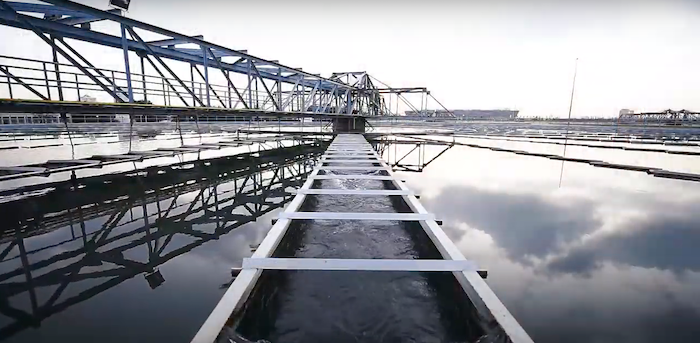
Video: Stantec leads global ‘intelligent water’ project for utilities
August 4, 2020
By CCE
Organizations around the world will define the business case for a ‘digital transformation’ of the water industry.
The Water Research Foundation (WRF) has awarded Edmonton-headquartered consulting engineering firm Stantec the lead role in a global network of 30 utility agencies, nine technical advisors and seven data solution providers that will collaborate to define the business case for a ‘digital transformation’ of the water industry.
Their project, titled Definition of Smart Utility – How to be a Digital Utility and the Framework for an Intelligent Water System, is being funded by WRF, a non-profit educational organization, with monetary support from the Great Lakes Water Authority (GLWA) and in-kind support from research participants. The intended outcome of the 11-month initiative is to help water utility companies make better, data-driven decisions with Intelligent Water Systems (IWSs).
“This study will create the first IWS framework to embed digital solutions and platforms in everyday utility business practice,” says Carla Cherchi, environmental specialist for Stantec, who will serve as principal investigator for the study, accompanied by co-principal investigators Cello Vitasovic of 9D Analytics and Prabhu Chandrasekeran of Stantec (see video below).
Smart technologies are intended to complement traditional water infrastructure to provide greater awareness and control over utility operations, ensure earlier detection of problems, address deteriorating infrastructure and workforce concerns, reduce operational costs and improve resource efficiency. According to a recent study by Northeast Group, in the U.S. alone, water utilities expect to invest $8.3 billion in smart infrastructure—including sensors, data analytics and digital communication technologies—over the next 10 years.
The scope of the project will include identifying fundamental elements of policy, governance, people, processes and technology, best practices and paths to becoming a ‘smart utility,’ along with developing an online progress tool for evaluation purposes. It is expected to be completed by the end of next year.
https://youtu.be/yBN6Xud5j38
